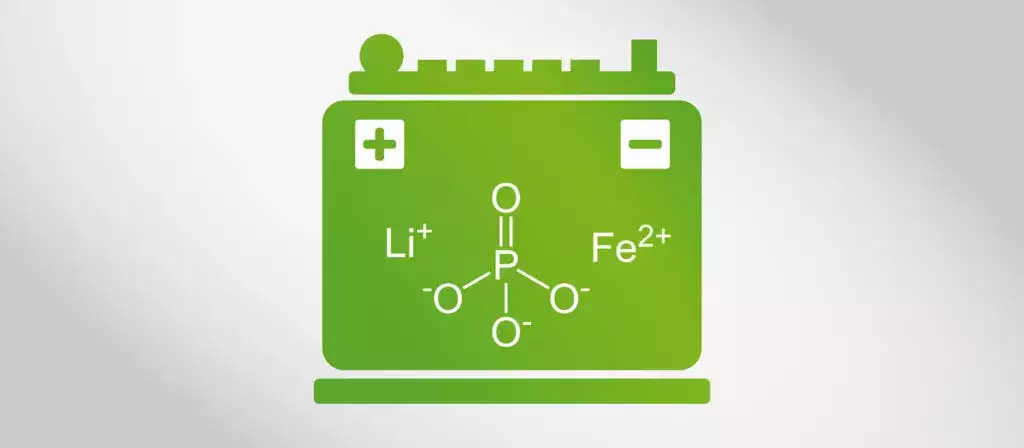How Iron Phosphate batteries can become a green alternative to traditional lithium-ion batteries

As the world shifts towards cleaner energy solutions, the focus on sustainable battery technologies has intensified. Iron phosphate batteries (also known as lithium iron phosphate or LFP batteries) can emerge as a potential green alternative to traditional lithium-ion batteries. These batteries are gaining attention due to their environmental benefits, safety features, and potential for widespread use across industries.
The Growing Demand for Sustainable Energy Storage
With electric vehicles (EVs), renewable energy storage, and consumer electronics becoming more reliant on rechargeable batteries, the pressure is on to find eco-friendly solutions that minimize environmental harm. "Traditional lithium-ion batteries, which have been the industry standard for years, rely on materials like cobalt and nickel that are not only expensive but also have significant environmental and ethical concerns associated with their extraction. This is where iron phosphate batteries come into play. Using iron and phosphate, materials that are abundant and more environmentally friendly than those used in traditional lithium-ion batteries, LFP batteries offer a promising alternative," Sudeep Pharma's director, Shanil Bhayani, said.What makes these batteries a viable option for a greener future?
Environmental and Safety Advantages: One of the primary benefits of iron phosphate batteries is their lower environmental impact. Iron and phosphate are far more abundant in nature than the rare metals used in conventional lithium-ion batteries. This reduces the dependency on mining practices that have negative ecological and ethical implications. Additionally, the production of LFP batteries generates fewer toxic byproducts, making them a more sustainable choice for large-scale manufacturing."In terms of safety, iron phosphate batteries offer greater thermal stability than their lithium-ion counterparts. They are less prone to overheating or catching fire, a critical consideration for applications like electric vehicles, where safety is paramount. This increased stability not only reduces the risk of accidents but also extends the lifespan of the batteries, contributing to a reduction in waste from discarded cells," Julian Dunn - Vice President Sales and Marketing - Sudeep Advanced Materials said.
Performance and Longevity
While iron phosphate batteries may not pack the same energy density as lithium-ion batteries, they excel in longevity and performance under demanding conditions. LFP batteries can withstand more charge-discharge cycles, making them ideal for applications where durability is crucial. For example, in electric vehicles, LFP batteries can last longer, potentially reducing the need for frequent replacements and cutting down on resource use over time.Another factor that adds to the appeal of LFP batteries is their ability to perform well in a wide range of temperatures. This makes them particularly suitable for use in extreme climates, where traditional lithium-ion batteries may struggle.
Potential for Mass Adoption
Several companies and industries are already exploring the use of iron phosphate batteries as a green alternative. In the electric vehicle sector, some major manufacturers are incorporating LFP batteries into their lower-cost models. The renewable energy sector is also beginning to see the potential of these batteries for storing energy generated by solar or wind power."One of the key factors that could accelerate the adoption of iron phosphate batteries is cost. While the initial price of LFP batteries may still be higher in some cases, advancements in production techniques and the reduction of dependency on rare materials could drive prices down. As demand for sustainable solutions increases, economies of scale could further bring down costs, making LFP batteries a more attractive option for a variety of applications," Shanil Bhayai said.
Iron phosphate batteries offer a promising path towards a greener future. With their environmentally friendly materials, improved safety, and long lifespan, these batteries are positioned to become a significant player in the global shift towards sustainable energy storage. While they may not entirely replace lithium-ion batteries in every application, their growing use across industries signals a clear trend towards more eco-conscious alternatives.
As technological advancements continue, iron phosphate batteries could play a pivotal role in reducing the environmental impact of energy storage, helping industries and consumers alike transition to a more sustainable future.

